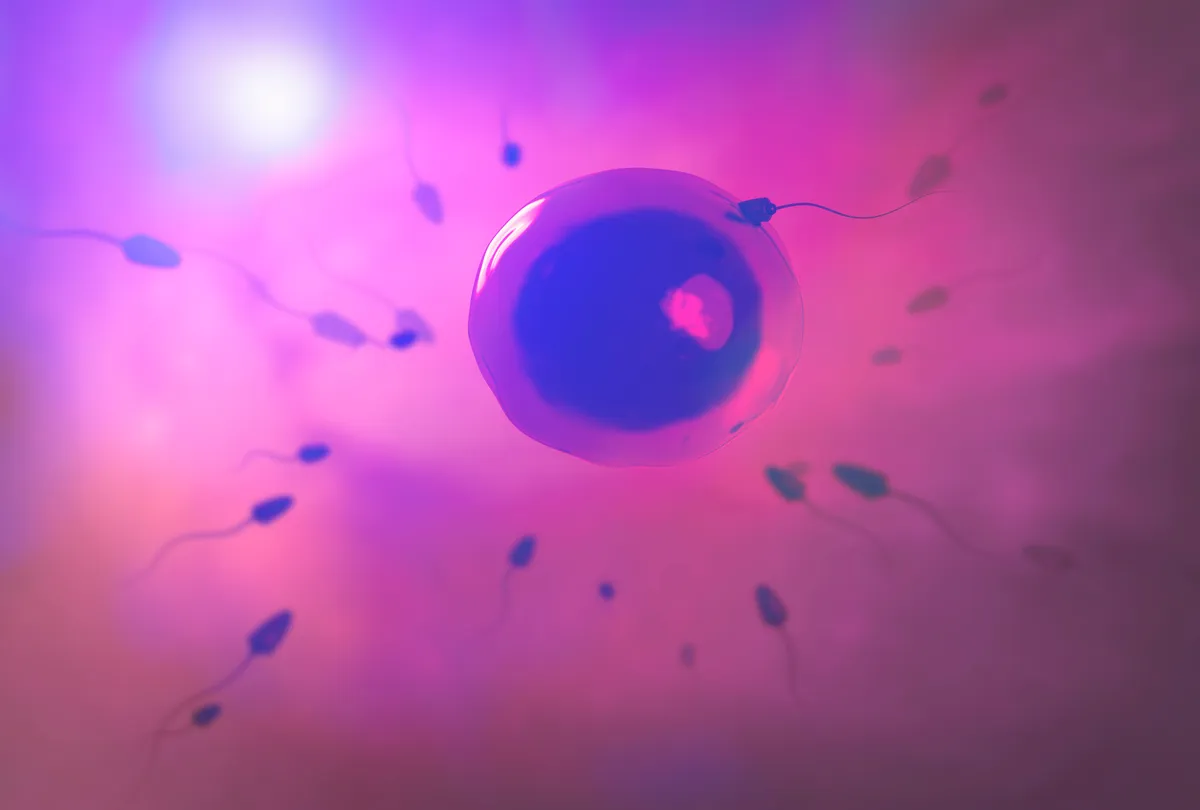Infertility is currently unexplained in more than half of people who are unable to conceive naturally, but now, a protein that could help doctors better understand fertility and develop new treatments has been discovered by researchers at the University of Sheffield.
The protein has been named MAIA after the Greek goddess of motherhood. To make the discovery, the researchers created artificial eggs using thousands of beads coated with different proteins known as peptides. These chemicals enable sperm and eggs to recognise one another - a phenomenon essential for fertilisation. But not every peptide has the effect of attracting sperm.
The team of scientists incubated the sperm with the beads and the team of scientists found only a small number of beads had sperm attached to them. In rounds, beads were removed if they didn’t have any sperm bound to them, eventually leaving the team with one protein - MAIA.

Sperm bound to all of the beads that had MAIA. The gene that corresponds to MAIA was then inserted into human culture cells, which became receptive to sperm in the same way seen during natural fertilisation.
“What we know about fertility in humans has been severely limited by ethical concerns and the lack of eggs for research,” said prof Harry Moore, Lead Investigator of the study.
“The ingenious artificial fertilisation technique which enabled us to identify the MAIA protein will not only allow scientists to better understand the mechanisms of human fertility, but will pave the way for novel ways to treat infertility and revolutionise the design of future contraceptives.”
These findings could be used to confirm theories that some sperm may not be compatible with some eggs. The next step for the researchers is to explore whether sperm from different individuals binds to the protein differently.
“This discovery of the MAIA protein is a major step forward in how we understand the process of human fertilisation. It would have been almost impossible to discover without the use of the artificial beads to replicate the surface of human eggs as we simply wouldn’t have been able to get enough eggs to do the experiment. A classic case of thinking out of the box,” said Prof Allan Pacey, co-author of the study.
Read more:
